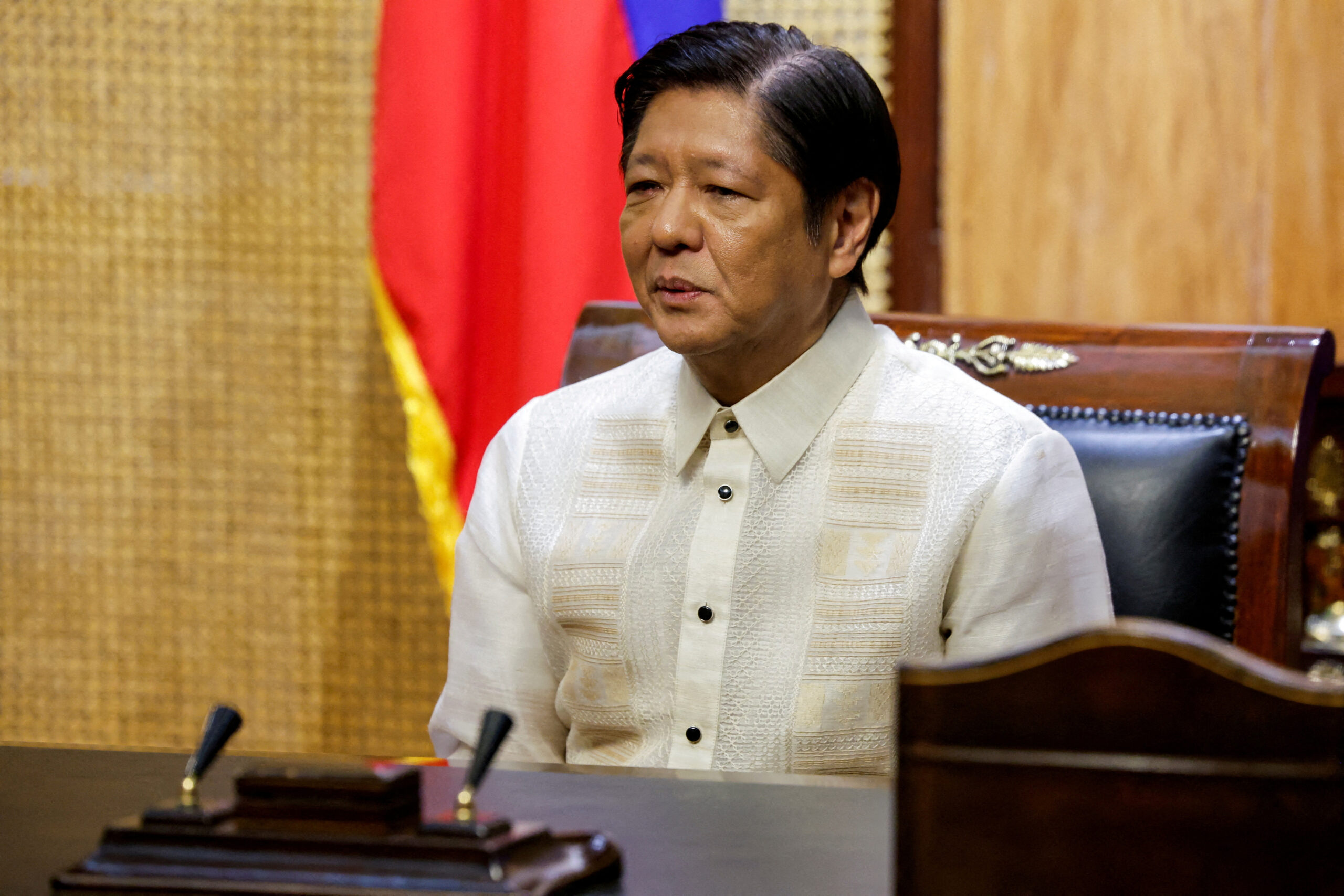
Philippines president calls new China coast guard rules ‘worrisome’
New regulations released by China’s coast guard that may lead to the incarceration of foreign nationals in the South China Sea, according to Philippine President Ferdinand Marcos Jr., were described as a “worrisome” development on Wednesday.
China, which disputes its maritime sovereignty with the Philippines and other nations, announced new regulations on June 15 that will implement a coast guard law from 2021 and permit the imprisonment of foreign nationals who are believed to be trespassing.
“What’s unusual is the new policy that threatens to detain our own folks. During a state visit to Brunei, Marcos informed reporters, “That is an escalation of the situation.”
According to Marcos, the Philippines “will use any point of contact with China to stop aggressive actions” and permit its fishermen to fish in the South China Sea.
Marcos stated, “Then we can all go about our business in a peaceful way” if aggressive activities are controlled.
China has been at odds with the Philippines over the past year, accusing them on several occasions of trespassing in parts of the South China Sea that are within their exclusive economic zones.
China’s Ministry of Foreign Affairs stated on Wednesday that the regulations are intended to improve maritime order and simplify law enforcement.
Speaking at a routine press briefing, Chinese Foreign Ministry spokesperson Mao Ning stated, “As long as there is no illegal behavior, there is no need for any individual or entity to worry.”
Mao stated that the door was open to conversation and that the Philippines was the side “that frequently provokes the escalation of the situation” in the South China Sea.
Encouraged by backing from the United States, a defense partner, as well as Japan and Australia, Marcos has adopted a more assertive stance than his predecessor on China’s actions in the South China Sea.
Over $3 trillion worth of ship-borne trade passes through the South China Sea, which Beijing maintains is under its jurisdiction.
Beijing has disagreed with an international arbitral tribunal’s 2016 ruling that China’s extensive claims lacked legal support under international law. China maintains that ancient maps and historical records demonstrate its sovereignty over the majority of the sea and numerous islands within it.
All Categories
Recent Posts
Tags
+13162306000
zoneyetu@yahoo.com



